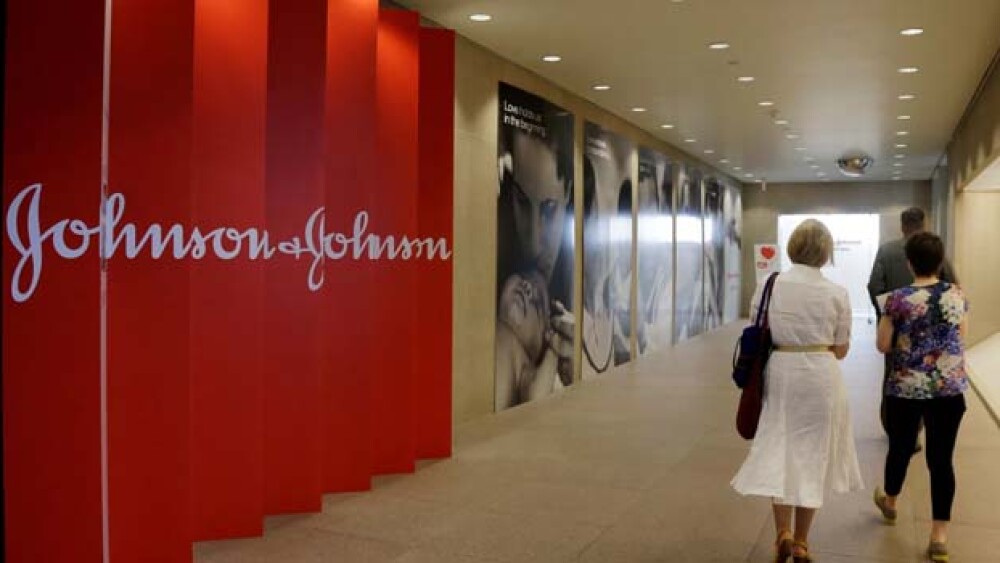Janssen Pharmaceutical, a Johnson & Johnson company, along with Legend Biotech, reported results from their LEGEND-2 Phase I/II clinical trial of CAR-T therapy LCAR-B38M. The therapeutic was being investigated in patients with advanced relapsed or refractory (r/r) multiple myeloma.
Janssen Pharmaceutical, a Johnson & Johnson company, along with Legend Biotech, reported results from their LEGEND-2 Phase I/II clinical trial of CAR-T therapy LCAR-B38M. The therapeutic was being investigated in patients with advanced relapsed or refractory (r/r) multiple myeloma. The findings were presented at the 2018 American Society of Hematology (ASH) Annual Meeting and Exposition.
The findings in the oral presentation were built on data from one of four independent institutional studies, the Second Affiliated Hospital of Xi’an Jiaotong University. That data was originally presented at the 2017 American Society of Clinical Oncology (ASCO) Meeting and the 2017 European Hematology Association (EHA) Meeting.
The CAR-T therapy, LCAR-B38M, was directed at the B-cell maturation antigen (BCMA). In the trial, the therapy showed deep and durable responses and a decent safety profile in patients who had failed a median of three previous therapies.
In the study, 57 patients received treatment with LCAR-B38M. The median age of patients was 54 years, and as noted above, the median number of previous therapies was three, ranging from one to nine. About 74 percent of patients had Stage III disease by Durie-Salmon staging.
The companies reported an 88 percent overall response rate (ORR), and a complete response (CR) of 74 percent. Four percent of patients had a “very good partial response” and 11 percent had a partial response. Among the 42 patients with CR, 68 percent (39) were minimal residual disease (MRD) negative in the bone marrow. The median duration of response with a median follow-up of 12 months, was 16 months. Median progression-free survival (PFS) was 15 months for all patients.
“CAR-T science has led to the approval of much-needed therapeutic interventions for certain blood cancers, and it is our hope that the results we are seeing in multiple myeloma will yield another much-needed option for patients,” stated Wan-Hong Zhao, associate director of Hematology at The Second Affiliated Hospital of Xi’an Jiaotong University in Xi’an, China, and lead study investigator. “We are excited about these data and the fact that they demonstrate notable responses in heavily pre-treated patients with multiple myeloma, a population that traditionally has been difficult to treat.”
They were not the only companies to present data on BCMA-targeted CAR-T therapies.
Celgene and bluebird bio presented initial data from their ongoing Phase I clinical trial of bb21217, a next-generation anti-B-cell maturation antigen (BCMA) CAR-T therapy for relapsed/refractory multiple myeloma. The patient population had received at least three prior treatments, including a proteasome inhibitor and immunomodulatory agent, or are double refractory.
Twelve patients in the study received bb21217. Of those 12, 83 percent had an objective clinical response by International Myeloma Working Group (IMWG) criteria. At the time of the data analysis, there were ongoing responses in nine out of 10 patients, including three with a complete response (CR) or stringent complete response (sCR), and two reported a very good partial response (VGPR) and four had a partial response (PR).
On its own, Celgene also announced safety data from its ongoing proof-of-concept trial of JCARH125 in patients with r/r multiple myeloma. JCARH125 is an investigational BCMA-targeting CAR-T therapy developed by Juno Therapeutics, a Celgene company.
At the time of the data cut off, 44 patients had received JCARH125 in three dose escalation cohorts. They were heavily pretreated. Of those, 71 percent experienced grade 1 and 2 cytokine release syndrome (CRS) with 9 percent experience grade 3 or 4 CRS. Also, 18 percent experienced grade 1 and 2 neurological events with 7 percent having a grade 3 or 4 event.
“We believe that cellular therapies targeting BCMA will play an important role in the future treatment of patients with multiple myeloma,” stated Mark Gilbert, chief medical officer of Juno. “These data from 44 patients in the EVOLVE trial further support our commitment to innovation in multiple myeloma clinical research.”





